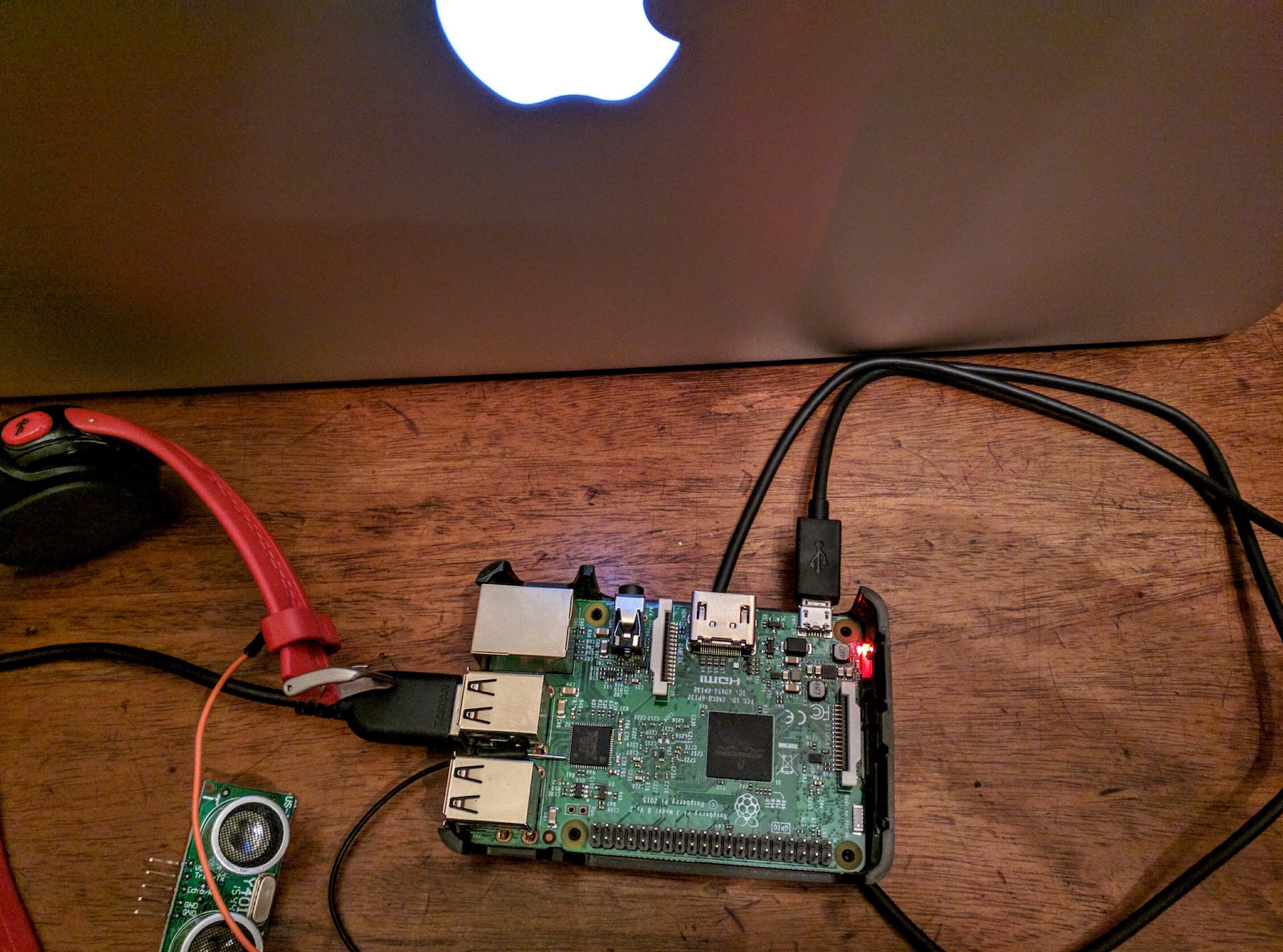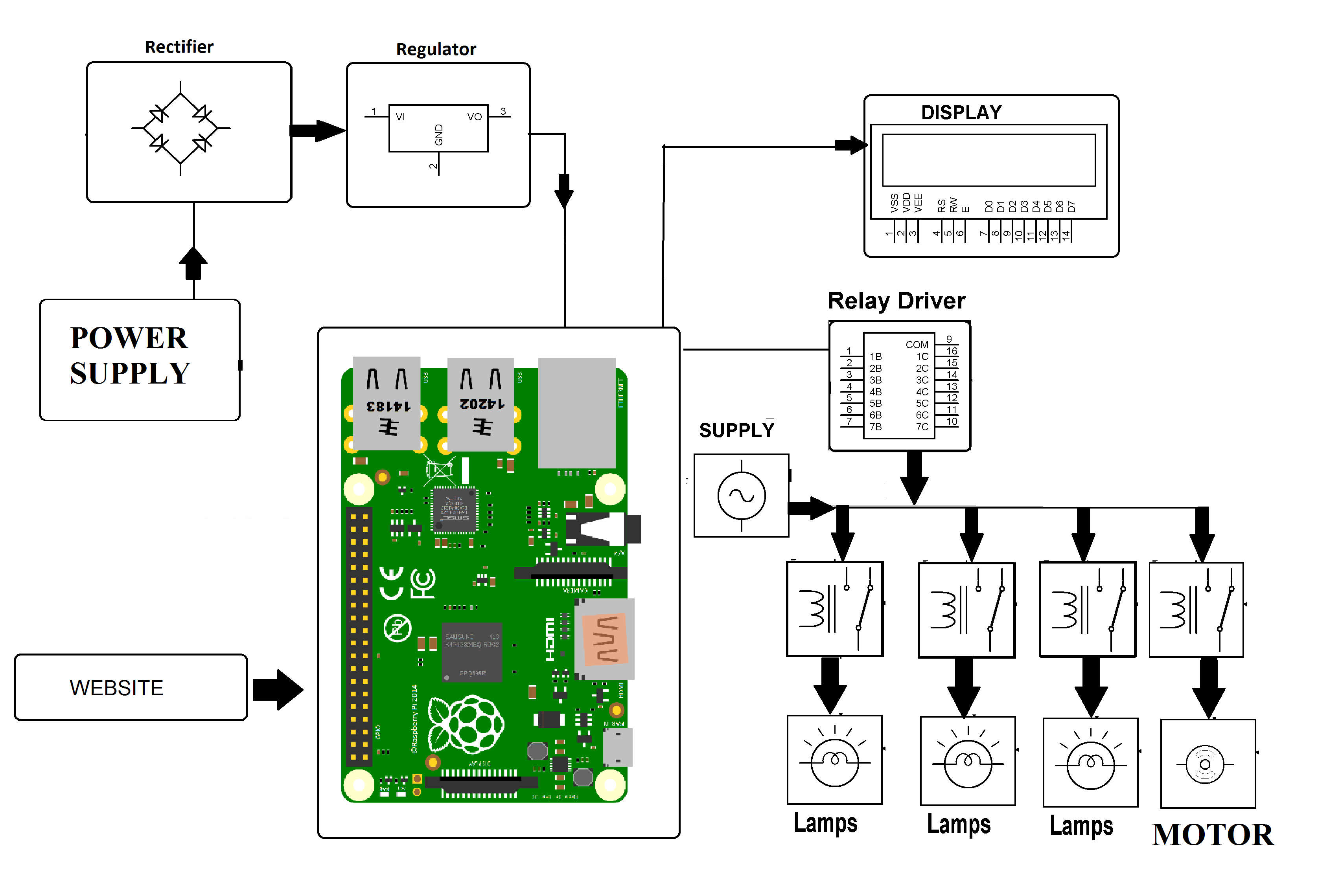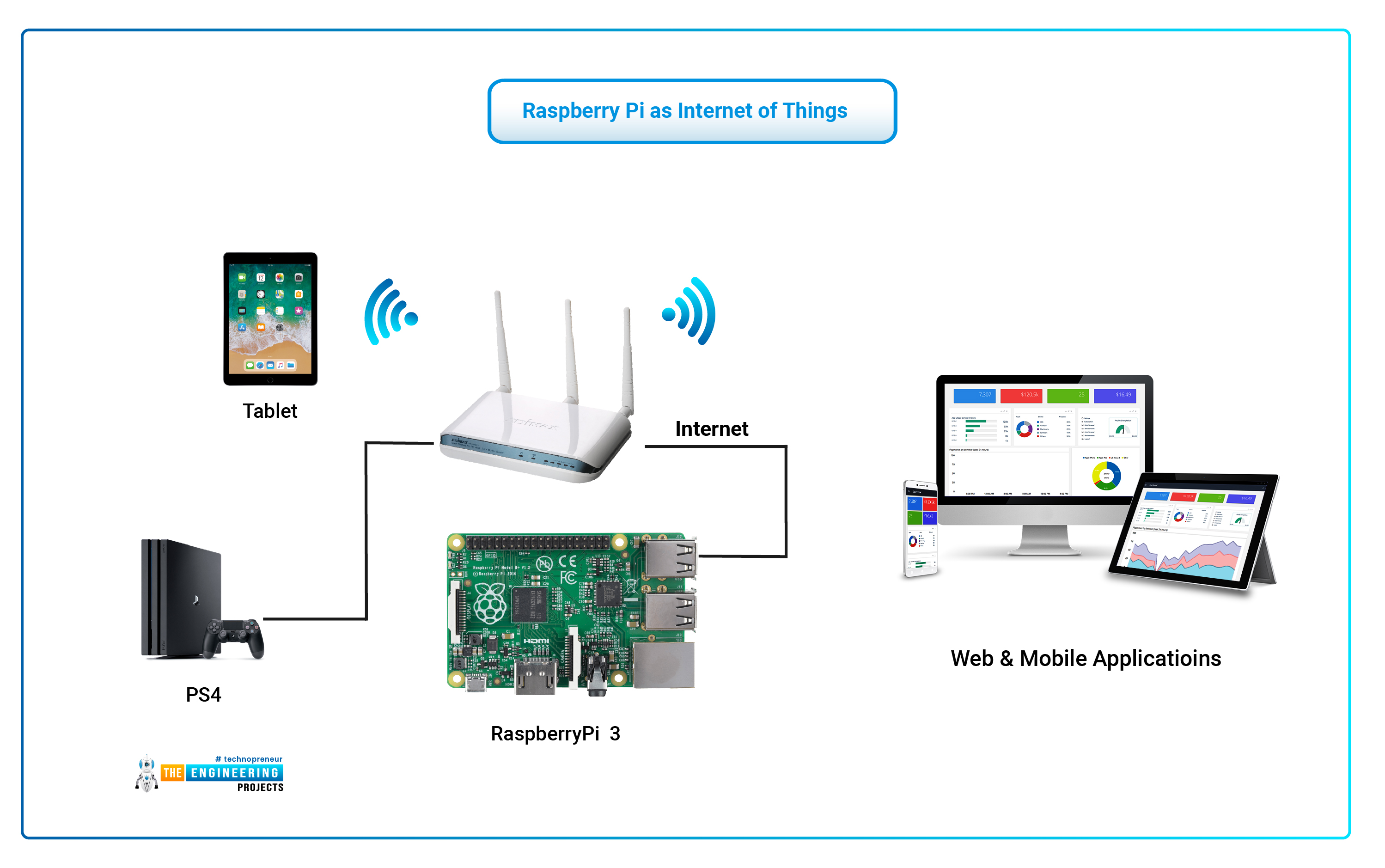Imagine having a tiny computer sitting on your desk that can connect to virtually anything in your home—lights, cameras, sensors, and even your coffee maker. That’s the power of Raspberry Pi when paired with the best SSH IoT platform. Whether you're a hobbyist or a professional developer, mastering this combination can transform the way you interact with technology. In this guide, we'll explore the top platforms designed to supercharge your Raspberry Pi projects with secure shell (SSH) capabilities and IoT integration.
SSH IoT platforms are not just buzzwords in the tech world—they're the backbone of modern smart home systems, industrial automation, and even DIY projects. If you've ever wondered how to remotely control your devices or gather data from sensors, this is where you start. The Raspberry Pi, with its affordability and versatility, serves as the perfect gateway to the world of IoT.
But here's the catch—not all platforms are created equal. Some are clunky, others lack security features, and a few may leave you scratching your head in frustration. That's why we've done the hard work for you, sifting through the clutter to bring you the best SSH IoT platform options for Raspberry Pi. So, buckle up and let's dive in!
- Untold Story Janet Condra Larry Bird Then Now
- Sol Xochitl Life After Tragedy Mike Tysons Ex Amp Exodus
Table of Contents
- Introduction to SSH IoT Platforms
- Raspberry Pi: The Little Computer That Could
- Top SSH IoT Platforms for Raspberry Pi
- Platform 1: MQTT with SSH
- Platform 2: Node-RED
- Platform 3: Home Assistant
- Platform 4: ThingsBoard
- Ensuring Security in Your IoT Setup
- Comparison of Features
- Wrapping It All Up
Introduction to SSH IoT Platforms
SSH IoT platforms are basically the digital glue that holds your smart devices together. They allow you to securely connect, manage, and monitor your IoT devices from anywhere in the world. For Raspberry Pi enthusiasts, this means you can turn your little board into a powerhouse of automation and control.
SSH, or Secure Shell, is a protocol that enables secure communication between devices. When combined with IoT platforms, it becomes an indispensable tool for anyone looking to build robust, reliable systems. Whether you're setting up a smart home or monitoring environmental sensors, SSH ensures that your data stays safe and your devices stay connected.
Now, let's break down why choosing the right platform matters. Imagine trying to control your smart lights with a platform that crashes every other day or lacks the features you need. Not exactly the dream setup, right? That's why understanding the nuances of each platform is crucial for success.
Raspberry Pi: The Little Computer That Could
Before we jump into the platforms, let's take a moment to appreciate the star of the show—the Raspberry Pi. This single-board computer has revolutionized the way people approach technology. From teaching kids how to code to powering complex industrial applications, the Raspberry Pi is a versatile powerhouse.
Here's why it's perfect for IoT projects:
- Cost-effective: You don't need to break the bank to get started.
- Community support: A vast network of developers and hobbyists ready to help.
- Customizable: With multiple models and accessories, you can tailor it to your needs.
But here's the thing—the Raspberry Pi is only as powerful as the software you run on it. That's where SSH IoT platforms come into play, turning your Pi into a fully-fledged IoT hub.
Top SSH IoT Platforms for Raspberry Pi
Now that you know why SSH IoT platforms are essential, let's look at the top contenders. These platforms are specifically designed to work seamlessly with Raspberry Pi, offering a range of features to suit different needs.
Platform 1: MQTT with SSH
If you're looking for a lightweight, efficient way to connect your IoT devices, MQTT is your go-to protocol. Paired with SSH for added security, this combination is perfect for beginners and experts alike.
Here's what makes MQTT stand out:
- Low bandwidth usage: Ideal for devices with limited connectivity.
- Publish-subscribe model: Makes it easy to manage multiple devices.
- Scalability: Can handle small setups as well as large-scale deployments.
However, like any platform, MQTT has its limitations. It requires a broker to manage messages, which can add complexity to your setup. But for most Raspberry Pi projects, it's a solid choice.
Platform 2: Node-RED
Node-RED is a visual tool for wiring together hardware devices, APIs, and online services. It's like building a flowchart for your IoT system, making it incredibly intuitive to use.
Why should you consider Node-RED?
- User-friendly interface: Drag-and-drop functionality for easy setup.
- Extensive library: Tons of pre-built nodes for common tasks.
- Community-driven: Constant updates and improvements from a passionate community.
While Node-RED is fantastic for visual learners, it may feel overwhelming for those who prefer coding everything from scratch. Still, its flexibility and ease of use make it a top choice for many Raspberry Pi users.
Platform 3: Home Assistant
For those looking to create a smart home ecosystem, Home Assistant is the ultimate platform. It integrates seamlessly with Raspberry Pi, allowing you to control everything from lights to thermostats with a few taps on your phone.
Here's why Home Assistant is a game-changer:
- Open-source: Fully customizable to fit your needs.
- Wide device support: Works with virtually any smart device on the market.
- Automation: Set up routines to automate your daily tasks.
However, setting up Home Assistant can be a bit challenging for beginners. But once you get the hang of it, the possibilities are endless.
Platform 4: ThingsBoard
ThingsBoard is a powerful IoT platform that excels in data visualization and analytics. If you're working on a project that involves collecting and analyzing large amounts of data, this is the platform for you.
What makes ThingsBoard unique?
- Advanced dashboards: Create stunning visualizations of your data.
- Rule engine: Automate actions based on specific conditions.
- Scalability: Easily expand your setup to accommodate more devices.
While ThingsBoard is packed with features, it may require more resources than other platforms. But if you're dealing with complex data sets, it's worth the investment.
Ensuring Security in Your IoT Setup
Security should always be a top priority when working with IoT devices. With SSH IoT platforms, you have an extra layer of protection, but there are still steps you can take to fortify your setup.
Here are a few tips:
- Use strong passwords: Avoid common passwords and enable two-factor authentication whenever possible.
- Keep software updated: Regularly update your platform and operating system to patch vulnerabilities.
- Limit access: Restrict who can access your devices and only expose necessary ports.
Remember, a secure IoT setup is not just about protecting your devices—it's about safeguarding your personal data and privacy.
Comparison of Features
Now that you've seen the top platforms, let's compare them side by side:
| Platform | Best For | Key Features |
|---|---|---|
| MQTT with SSH | Low-bandwidth projects | Efficient, scalable, lightweight |
| Node-RED | Visual learners | Drag-and-drop interface, extensive library |
| Home Assistant | Smart home setups | Open-source, automation, wide device support |
| ThingsBoard | Data-heavy projects | Advanced dashboards, rule engine, scalability |
Choosing the right platform depends on your specific needs and preferences. Take some time to experiment with each one to see which fits best into your workflow.
Wrapping It All Up
In conclusion, the best SSH IoT platform for Raspberry Pi depends on the type of project you're working on and your level of expertise. Whether you're building a smart home, monitoring sensors, or analyzing data, there's a platform out there that can help you achieve your goals.
Here's a quick recap:
- MQTT with SSH: Ideal for lightweight, efficient setups.
- Node-RED: Perfect for visual learners and beginners.
- Home Assistant: A must-have for smart home enthusiasts.
- ThingsBoard: Best for data-heavy projects requiring advanced analytics.
So, what are you waiting for? Dive into the world of IoT and see how far your Raspberry Pi can take you. And don't forget to share your experiences in the comments below or check out our other articles for more tech tips and tricks. Happy tinkering!



Detail Author:
- Name : Frankie Block
- Username : kautzer.cecelia
- Email : bergnaum.natasha@gmail.com
- Birthdate : 1985-12-07
- Address : 726 Reichel Trail Apt. 714 West Jadon, UT 54304
- Phone : +12706863531
- Company : Koepp, Becker and Hermann
- Job : Power Generating Plant Operator
- Bio : Quis omnis vitae in ex. Accusantium recusandae quo tempora illum sint dolorem. Laborum placeat id aut corrupti vel totam. Consequatur deleniti aut necessitatibus quasi qui placeat nobis.
Socials
twitter:
- url : https://twitter.com/rwisoky
- username : rwisoky
- bio : Nesciunt harum vitae ducimus beatae consequuntur. Omnis sit vero dolorum. Dolorem illum voluptatem eaque esse nihil alias saepe eius.
- followers : 4741
- following : 607
tiktok:
- url : https://tiktok.com/@wisoky1976
- username : wisoky1976
- bio : Perspiciatis architecto temporibus illo qui.
- followers : 6454
- following : 2620
facebook:
- url : https://facebook.com/roger.wisoky
- username : roger.wisoky
- bio : Praesentium occaecati temporibus quia non.
- followers : 3151
- following : 415
instagram:
- url : https://instagram.com/roger.wisoky
- username : roger.wisoky
- bio : Id possimus aliquid nulla dicta. Rerum esse quis quia porro. Quos esse vero quos a quia et.
- followers : 5345
- following : 2861